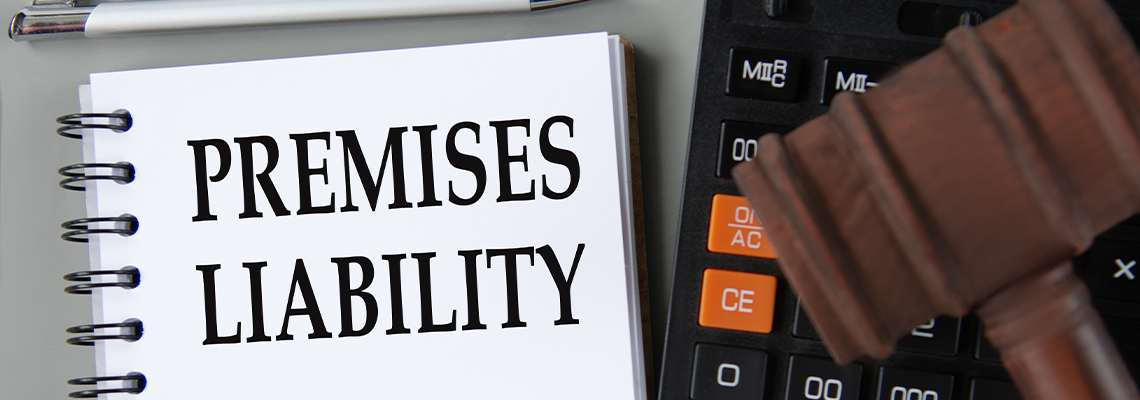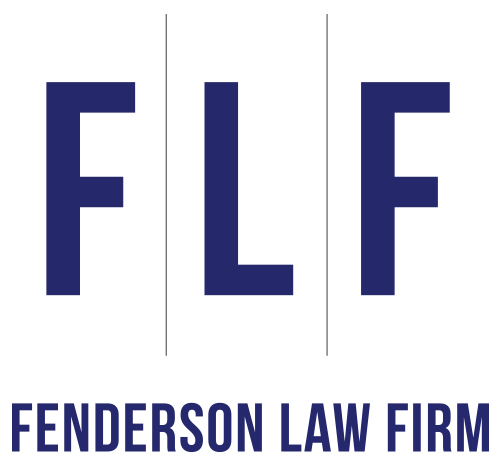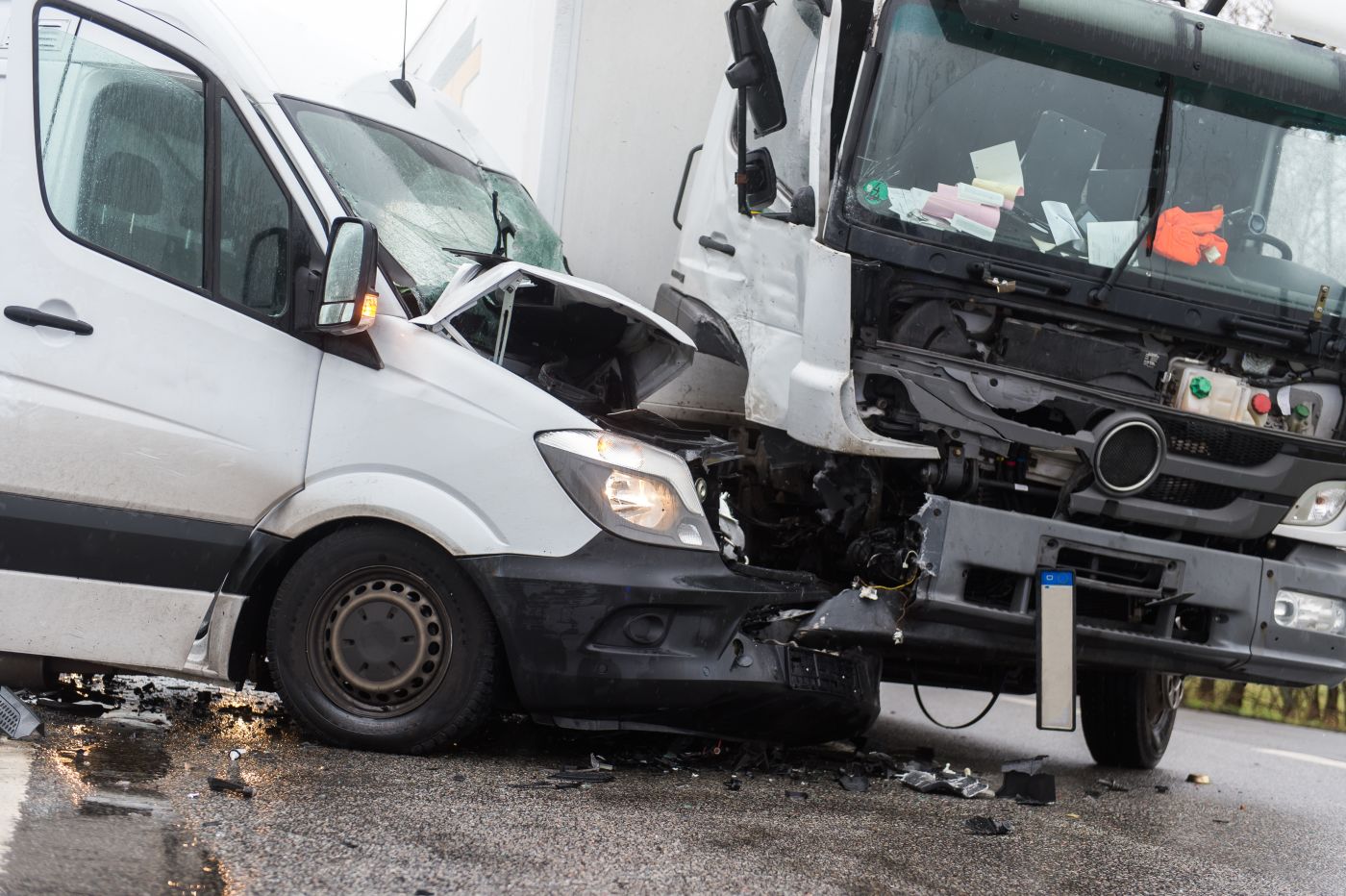
When most people think about personal injury cases, car accidents often come to mind. However, a significant branch of injury law revolves around premises liability, a property owner's legal responsibility to keep their spaces safe for visitors.
As a personal injury practice in Orlando, Florida, our firm has seen firsthand how devastating premises liability incidents can be and how confusing the legal aftermath often becomes for property owners and injured parties.
Here, we'll discuss premises liability in Florida, how it impacts property owners, and why personal injury lawyers play a critical role in shaping these cases.
What Is Premises Liability in Florida?
At its core, premises liability holds property owners legally responsible when someone is injured due to unsafe or defective conditions on their property.
This duty isn’t just reserved for businesses like hotels, restaurants, and retail stores. It extends to homeowners, landlords, and even government entities managing public spaces.
Florida law requires property owners to take reasonable steps to keep their property safe. What constitutes "reasonable" depends heavily on the situation, but it generally means:
Conducting regular inspections
Fixing known hazards promptly
Warning visitors about dangerous conditions if immediate repairs aren't possible
When property owners fail to uphold these responsibilities and someone gets injured, they can be held financially liable through a personal injury claim.
Common Types of Premises Liability Cases
As a personal injury practice, we frequently encounter a variety of premises liability cases in Florida. Some of the most common include:
Slip and Fall Accidents
These occur when someone slips on a wet floor, trips over uneven flooring, or falls due to poor lighting or debris. Slip and fall injuries are among the most litigated premises liability claims in Florida courts.
Inadequate Security
When a property owner fails to provide reasonable security measures, such as lighting, locks, or security personnel, and a visitor is assaulted or robbed as a result, the owner may be liable.
Dog Bites and Animal Attacks
Florida follows a strict liability rule for dog bites, meaning dog owners are usually responsible if their animal attacks someone, even if the dog has never shown aggression before.
Swimming Pool Accidents
Given Florida’s warm climate and abundance of residential pools, property owners must comply with strict safety regulations to prevent drownings and injuries.
Elevator and Escalator Accidents
Defective or poorly maintained elevators and escalators can cause serious injuries, leading to premises liability claims.
Construction Site Accidents
Owners of construction sites must make sure that their premises meet OSHA and state safety requirements to protect both workers and passersby.
How Florida Law Defines Visitor Status
One of the key factors in any premises liability claim is the visitor’s legal status at the time of the injury. Florida recognizes three categories:
Invitees
Invitees are people invited onto a property for business or public purposes, like customers in a store or patrons at a hotel. Property owners owe invitees the highest duty of care, which includes regular inspections and fixing or warning of known dangers.
Licensees
Licensees are social guests or others on the property for non-business purposes. While the duty of care owed to licensees is slightly lower than for invitees, property owners must still warn them about known dangers that aren't easily discoverable.
Trespassers
Trespassers enter a property without permission. Generally, property owners owe them a minimal duty, mainly not to intentionally harm them. However, special rules apply for child trespassers, particularly involving attractive nuisances like swimming pools.
How Premises Liability Affects Property Owners
Property owners often underestimate the serious consequences a premises liability claim can have. A successful injury lawsuit could lead to:
Significant financial damages: These costs can quickly add up and become a major burden for property owners. In severe cases, the financial fallout could threaten the viability of a business or personal assets. Even a single claim can result in six-figure payouts depending on the injury’s severity. Property owners may also face legal fees and settlement negotiations that prolong financial stress.
Higher insurance premiums or loss of coverage: Insurance companies may reassess the risk level of insuring the property, leading to increased premiums. In some instances, the insurer may even cancel the policy altogether, leaving the owner exposed. Future claims may be more difficult to insure, and specialty insurers may charge even higher rates. Property owners may also be required to implement costly safety improvements to retain coverage.
Negative publicity, especially for businesses: News of an injury on the premises can spread quickly through media and online reviews. This negative attention may deter potential customers or clients from engaging with the business. Social media backlash can amplify the damage and attract unwanted scrutiny. Competitors may use the incident to their advantage, further impacting the business's public perception.
Long-term reputational harm: Rebuilding trust with the public and the community can take years after a high-profile incident. The damage to a brand's image may result in decreased customer loyalty and lost revenue. Word-of-mouth referrals may decline, and loyal patrons might switch to competitors. Stakeholders, investors, or partners may also view the property owner as a higher liability risk.
Property owners may also face punitive damages if it’s proven they acted with gross negligence or intentional misconduct.
Defenses Property Owners Can Raise
Not every personal injury claim results in liability for the property owner. Common defenses include:
Lack of Knowledge
The owner didn’t know, and couldn’t reasonably have known, about the dangerous condition. Courts often consider whether regular inspections were conducted and how promptly hazards were addressed. If the owner can show reasonable care was taken, they may avoid liability.
Open and Obvious Doctrine
If the hazard was so obvious that a reasonable person would have avoided it, the property owner may not be held liable. This defense relies heavily on what a typical person would perceive as dangerous. It can be especially strong in cases involving visible risks like ice, construction areas, or wet floors with signage.
Comparative Negligence
If the injured party was partially responsible for their own injuries (for example, texting while walking) their compensation can be reduced proportionately. Each party’s degree of fault is weighed to determine the final award. In some jurisdictions, if the plaintiff is found to be more than 50% at fault, they may recover nothing.
Assumption of Risk
In some cases, if a visitor voluntarily exposed themselves to a known danger, they might not be entitled to damages. This defense is common in recreational settings like sports facilities or amusement parks. However, it usually only applies if the risk was clearly understood and voluntarily accepted.
Why Florida’s Personal Injury Laws Make Premises Liability Complicated
Florida has several unique legal aspects that make injury and premises liability claims more intricate:
Comparative Negligence
According to The Florida Senate, under Florida's modified comparative negligence rule (effective as of March 2023), an injured party who is more than 50% at fault for their own injury can't recover damages at all.
Statute of Limitations
In Florida, the statute of limitations for personal injury claims, including premises liability, is two years from the date of the injury (reduced from four years as of 2023). Miss this deadline, and your claim is barred.
Sovereign Immunity
If your injury occurs on government property, special rules apply. You must provide notice to the appropriate government agency and meet additional procedural requirements.
Practical Steps Property Owners Should Take to Minimize Liability
As a law firm, we often advise property owners to be proactive in reducing the risk of premises liability claims. Here’s how:
Routine inspections: Regularly check your property for hazards and document your inspections.
Immediate repairs: Fix known dangers as quickly as possible — and post clear warnings if a hazard can’t be fixed immediately.
Staff training: Educate employees on how to handle dangerous conditions and accident reporting.
Proper insurance coverage: Maintain adequate general liability insurance and review policies regularly.
Security measures: Install appropriate lighting, locks, security cameras, and alarms.
Clear policies and procedures: Have clear protocols for dealing with spills, repairs, and visitor complaints.
Consider taking these steps to reduce the risk of premises claims on your property.
Speak to Our Law Office Today
Fenderson Law Firm is there for you when you need us. We serve clients throughout North Florida, including Jacksonville, Pensacola, Tallahassee, Gainesville, Ocala, and Panama City; and Central Florida, including Orlando, Tampa, St. Petersburg, Clearwater, Lakeland, Deltona, and Largo. Contact us today to get started.


